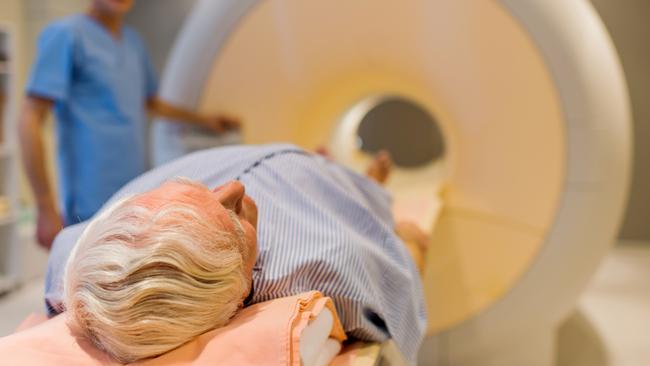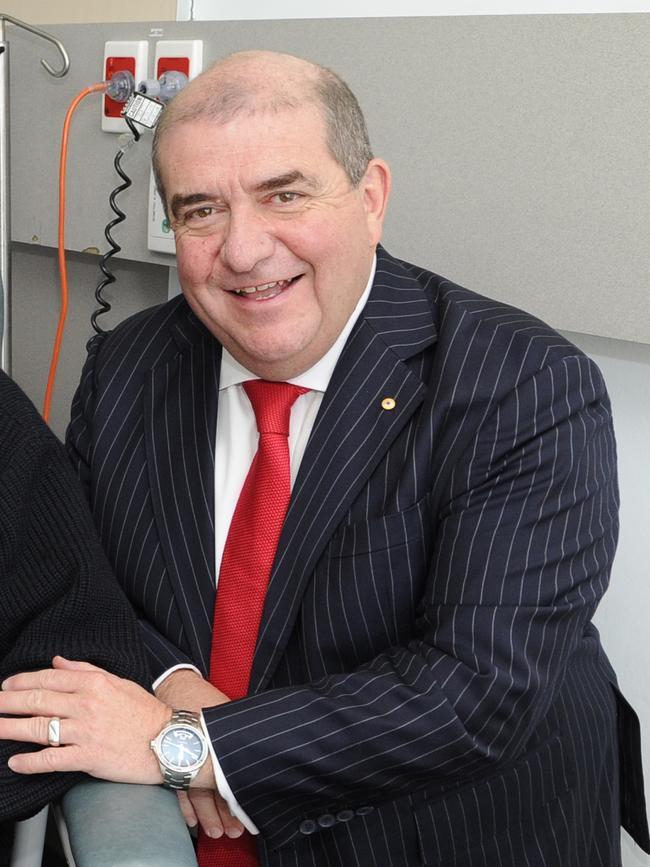
Singapore’s sovereign wealth fund GIC and one of the country’s prominent infrastructure investors Keppel Corporation have emerged among the groups looking at the country’s largest cancer care provider Icon Group.
Also believed to be competing for the business are the Canadian pension funds OMERS and the Ontario Teachers’ Pension Plan.
Private equity firm EQT, advised by Morgan Stanley, is known to be in the mix, along with Morrison & Co, advised by Royal Bank of Canada, which is said to have been proactive in its interest early on.
It is understood that information memorandums were out for Icon Group at the end of last month and interested parties are now scrutinising the company.
Working on the sales process are Goldman Sachs and Jefferies.
GIC, with $US488bn funds under management, has invested extensively in Australia, while Keppel, with $US28bn of funds under management, was the buyer of the Ixom chemicals business – one that was previously part of Orica – from Blackstone for $1.1bn in 2018 and also recently considered an acquisition of the waste management company Bingo Industries before it was sold to Macquarie Infrastructure and Real Assets.

Australian pension funds have been weighing up their options with respect to the competition.
Brookfield’s interest in Icon comes after it purchased Healthscope in 2019 for $4.4bn, while Canadian funds are known to be active right now on the Australian mergers and acquisitions scene.
Expectations are that buyers will outlay more than $2bn for the healthcare provider, which generates about $160m in annual earnings before interest, tax, depreciation and amortisation.
Icon, which is chaired by Sonic Healthcare chairman Mark Compton, was sold by Quadrant Private Equity in 2017 to a consortium including Queensland Investment Corporation, Goldman Sachs Private Equity and China’s Pagoda Investments for $1.2bn.
It has 30 cancer care centres across Australia, delivering a mix of radiation therapy, chemotherapy and blood-disorder treatment for patients.
It also operates through Asia and in New Zealand, successfully rolling out its growth strategy in China, where it has about six sites.
The understanding is that annual earnings before interest, tax, depreciation and amortisation of the business have since doubled from the time it was purchased in 2017, when it was making about $80m.
Last year, Quadrant Private Equity achieved a strong price for the sale of its Qscan Radiology Clinics business, which was picked up by Infratil and Morrison & Co for $735m.




To join the conversation, please log in. Don't have an account? Register
Join the conversation, you are commenting as Logout